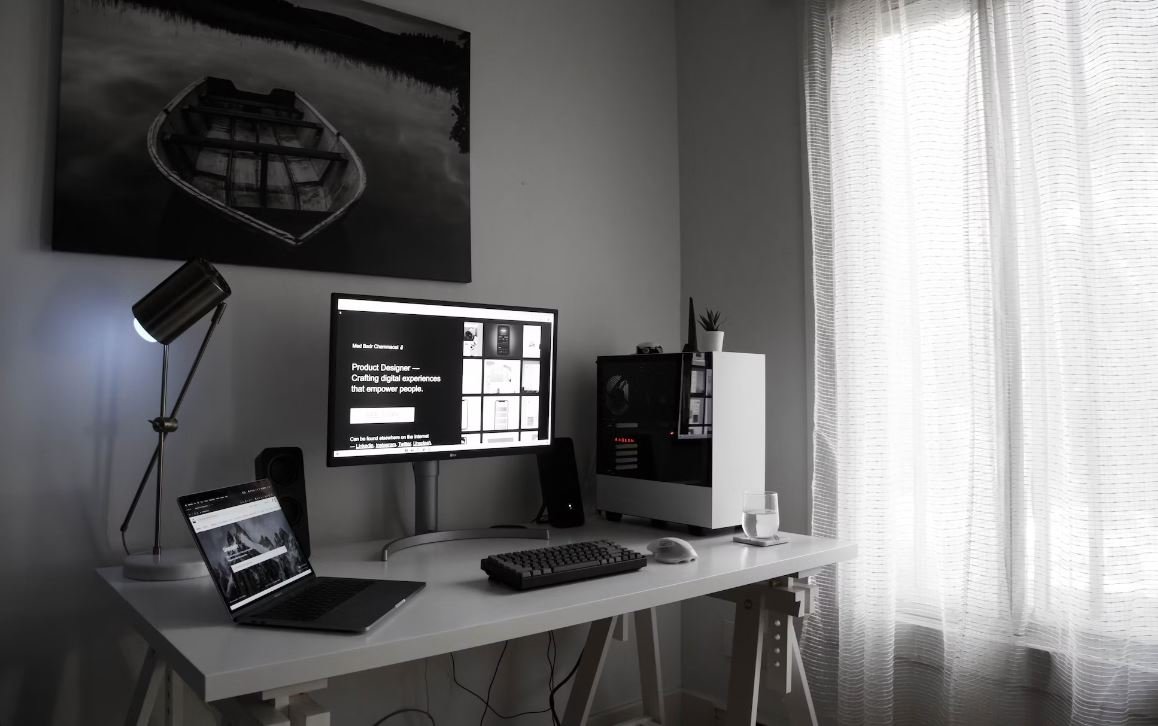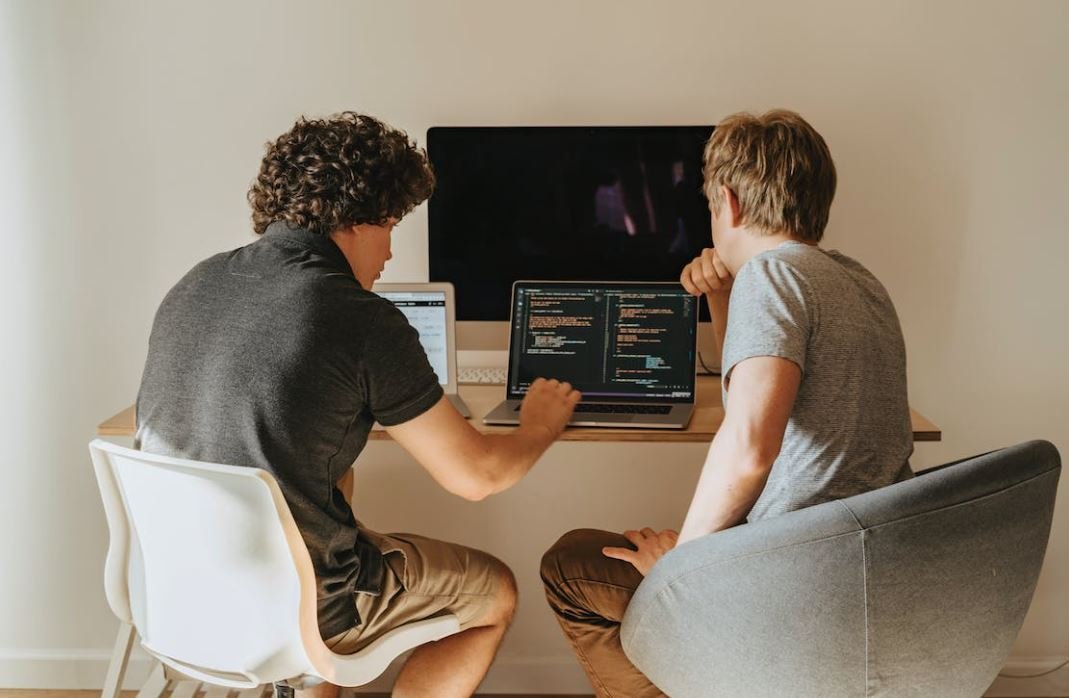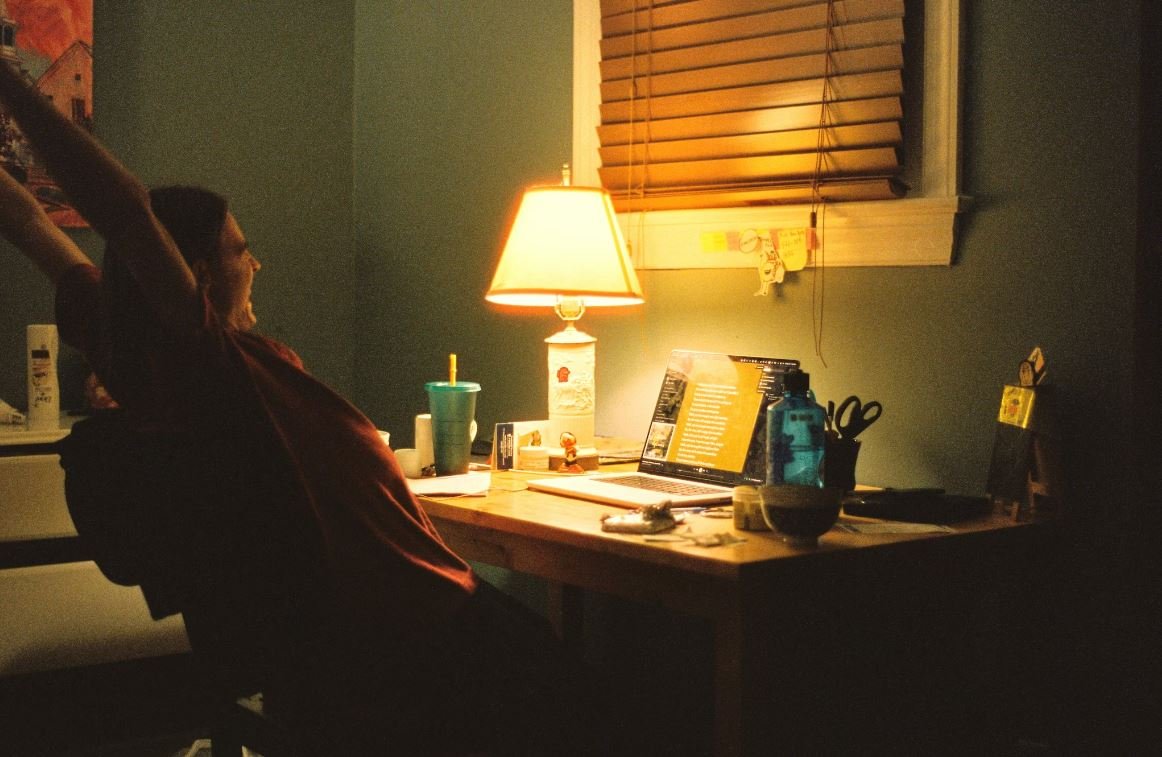Why Don’t Artists Own Their Music?
As an avid music lover, you may have wondered why artists often don’t own the rights to their own music. This seemingly puzzling situation stems from various factors within the music industry. Understanding the dynamics behind this issue can shed light on the challenges artists face and the mechanisms that govern ownership.
Key Takeaways:
- Artists often do not own their music due to contractual agreements with record labels.
- The complex structure of the music industry plays a significant role in limiting artist ownership.
- Digital streaming services and advancements in technology have impacted artist earnings and rights.
- There is a need for fairer compensation models and greater control for artists over their creative works.
The Record Label Dilemma
One of the primary reasons why artists generally do not own their music is due to the common practice of signing contracts with record labels. These contracts often transfer ownership of the music to the label in exchange for financial support, promotion, and distribution. Essentially, artists trade their ownership rights for the opportunity to have their music reach a wider audience and potentially achieve commercial success.
*While it may seem counterintuitive for artists to give up their ownership rights, doing so allows them to focus on their craft and benefit from the resources and expertise that record labels bring to the table.
The Music Industry Structure
The overall structure of the music industry also plays a significant role in limiting artist ownership. Major record labels have long-established dominance and control over the industry, exerting their power over artists and their works. These labels have the financial resources and marketing reach to amplify an artist’s career, but they often retain the rights to the music as part of the deal.
*This dynamic has created a power imbalance, leaving artists with limited control over their creative output.
The Impact of Digital Streaming Services
The rise of digital streaming services, such as Spotify and Apple Music, has brought about a new set of challenges for artist ownership. While these platforms provide artists with global reach and convenience, the royalties paid to artists for their streams are often minimal. In many cases, these earnings are not sufficient for artists to recoup their investments in music production and marketing, let alone maintain ownership over their music.
*The shift from physical album sales to digital streaming has disrupted the traditional revenue streams artists once relied on.
Fair Compensation and Control
Given the existing disparities, there is a growing demand for fair compensation models and greater control over their own works. Artists are advocating for more equitable revenue-sharing arrangements and heightened transparency from both record labels and streaming platforms. The rise of independent labels and self-publishing has also allowed some artists to retain ownership of their music, but these options may not be readily available or viable for all musicians.
Interesting Statistics:
| Statistic | Data |
|---|---|
| Percentage of music listened via streaming platforms | 82% |
| Average artist payout per stream on Spotify | $0.00437 |
Conclusion
While the issue of artist ownership in the music industry is complex, it is clear that many musicians do not own the rights to their own work. Record label contracts, the structure of the industry, and the impact of digital streaming services all contribute to this situation. As the industry evolves, there is a pressing need to ensure greater fairness and control for artists to retain ownership over their creative outputs.

Common Misconceptions
Artists Don’t Own Their Music: A Misunderstood Reality
One common misconception people have is that artists do not own their music. While it is true that artists often sign contracts with record labels and other entities, it does not mean they relinquish all ownership rights.
- Artists retain the copyright to their music.
- They have the authority to license and exploit their work in various ways.
- They receive royalties and income from their music.
Another misconception is that artists should have complete control over their music from start to finish. However, the reality is that often there are many individuals involved in the creation and production of music. Collaborators, producers, and engineers contribute their talents and expertise, which in turn influence the final product.
- Artists rely on the skills and expertise of others to bring their vision to life.
- Collaboration can lead to unique and innovative musical creations.
- The input of different professionals can enhance the overall quality of the music.
Some may believe that artists don’t have a say in how their music is used or distributed, but this is not entirely accurate. While record labels and other entities may have the power to make decisions regarding distribution and promotion, artists still have a voice in the matter. Contract negotiations and discussions about the direction of their careers allow artists to have some influence over how their music is shared with the world.
- Artists can provide input and voice their preferences during contract negotiations.
- They have the power to discuss marketing strategies with their partners.
- Artists can make decisions that align with their personal and artistic values.
It is also a misconception to believe that artists do not profit from their music. While it is true that artists may not always earn a significant amount from record sales, there are various other revenue streams available to them. Concert tours, merchandise sales, licensing deals, and streaming platforms all play a role in an artist’s potential income.
- Artists can earn income from live performances and concert ticket sales.
- Merchandise tied to their music can be a lucrative source of revenue.
- Licensing agreements with movies, commercials, and TV shows can generate income.
In conclusion, artists do own their music, albeit within the framework of contracts and collaborations. They have control over the direction and distribution of their work and can profit from various revenue streams. Understanding these misconceptions is crucial in recognizing the agency and creative rights that artists possess.

Major Music Deals and Acquisitions
The music industry has witnessed several major deals and acquisitions in recent years. These transactions have had a significant impact on artists and their ability to own their music.
| Year | Company | Deal/ Acquisition |
|---|---|---|
| 2011 | Universal Music Group | Acquired EMI Group |
| 2014 | Apple Inc. | Acquired Beats Music for $3 billion |
| 2018 | Sony Music Entertainment | Acquired EMI Music Publishing for $2.3 billion |
| 2019 | Merck Mercuriadis (Hipgnosis Songs Fund) | Acquired catalog from Timbaland, Tricky Stewart, and others for $11 million |
| 2020 | Universal Music Group | Acquired Bob Dylan’s entire catalog |
The Rise of Streaming Platforms
Streaming platforms have revolutionized the way people consume music. While they have provided artists with broader exposure, the financial implications are not always favorable to the creators themselves.
| Platform | Number of Subscribers (2019) | Artist Earnings Per Stream (Average) |
|---|---|---|
| Spotify | 113 million | $0.00318 |
| Apple Music | 68 million | $0.00675 |
| Amazon Music | 55 million | $0.00402 |
| Tidal | 3 million | $0.01284 |
| Deezer | 14 million | $0.00567 |
Record Labels’ Share of Streaming Revenue (2019)
Despite the success of streaming platforms, the income distribution between record labels and artists is a contentious issue:
| Streaming Platform | Artists’ Share of Streaming Revenue | Record Labels’ Share of Streaming Revenue |
|---|---|---|
| Spotify | 52% | 48% |
| Apple Music | 52% | 48% |
| Amazon Music | 50.5% | 49.5% |
| Tidal | 71% | 29% |
| Deezer | 52% | 48% |
Revenue Source for Independent Artists
Independent artists often rely on multiple income sources to sustain their careers and retain ownership of their music:
| Source | Percentage of Independent Artists Earning Revenue |
|---|---|
| Streaming Platforms | 73% |
| Live Performances | 64% |
| Merchandise Sales | 52% |
| Direct-to-Fan Platforms | 41% |
| Sponsorships/Endorsements | 27% |
Complexities of Music Licensing
The intricacies of music licensing and royalty collection can complicate an artist’s ability to retain full ownership:
| Type | Description |
|---|---|
| Sync Licensing | Used in TV, film, commercials, and video games |
| Mechanical Licensing | Covers reproduction and distribution of physical/digital copies |
| Public Performance Licensing | Applies to music played in public spaces or broadcast on radio/TV |
| Sampling Clearance | Obtaining permission for using samples from pre-existing recordings |
| Master Recording Licensing | Permission to use a specific sound recording |
Income Discrepancies between Artists
The disparity in income between mainstream and independent artists remains a challenge in the music industry:
| Income Source | Independent Artists’ Share | Mainstream Artists’ Share |
|---|---|---|
| Concert Revenue | 57% | 28% |
| Merchandise Sales | 44% | 23% |
| Streaming Revenue | 7% | 64% |
| Sync & Licensing | 18% | 14% |
| Physical Sales | 18% | 22% |
Gender Representation in Music Industry Awards
Misrepresentation and gender inequality persist in some of the most prestigious music industry accolades:
| Award Show | Percentage of Female Nominees (2020) |
|---|---|
| Grammy Awards | 20% |
| Brit Awards | 33% |
| MTV Video Music Awards | 30% |
| Billboard Music Awards | 33% |
| Mercury Prize | 43% |
Effect of COVID-19 on Music Industry Revenue
The global pandemic caused a drastic shift in the music industry, leading to significant revenue loss:
| Source of Revenue | Estimated Revenue Loss (2020 vs. 2019) |
|---|---|
| Live Performances | $9 billion |
| Music Streaming | $1.5 billion |
| Physical Sales | $1.1 billion |
| Sync & Licensing | $0.35 billion |
| Royalties (Performance Rights) | $0.55 billion |
Ownership of Hip-Hop’s Most Iconic Albums
Ownership disputes and issues of control have often plagued artists, particularly in the hip-hop genre:
| Album Title | Artist | Label/Owner |
|---|---|---|
| Illmatic | Nas | Columbia Records |
| The Chronic | Dr. Dre | Death Row Records |
| Enter the Wu-Tang (36 Chambers) | Wu-Tang Clan | Various members and affiliates |
| Graduation | Kanye West | Def Jam Recordings |
| Good Kid, M.A.A.D City | Kendrick Lamar | Top Dawg Entertainment |
Artists’ Control over Their Music Videos
Artists often have limited control over the creative direction and ownership of their music videos:
| Artist | Example Music Video | Director/Production Company |
|---|---|---|
| Taylor Swift | “Bad Blood” | Joseph Kahn/ Taylor Swift Productions |
| Beyoncé | “Formation” | Melina Matsoukas/ Prettybird |
| Tame Impala | “The Less I Know the Better” | Canada/ Partizan Entertainment |
| Childish Gambino | “This Is America” | Hiro Murai/ Doomsday Entertainment |
| Billie Eilish | “Bad Guy” | Dave Meyers/ Freenjoy Inc |
The music industry has experienced a seismic shift in recent decades, with artists facing new challenges in owning their own music. Major music deals and acquisitions by companies like Universal Music Group, Apple, Sony Music Entertainment, and others have reshaped the industry landscape. Streaming platforms have provided broader exposure for artists but often come with a disparity in earnings per stream and a larger share of revenue going to record labels. Independent artists rely on multiple income sources, including streaming platforms, live performances, merchandise sales, direct-to-fan platforms, and sponsorships. However, the complexities of music licensing and discrepancies in income between mainstream and independent artists further complicate the notion of artist ownership. Awards shows still struggle with gender representation, while the COVID-19 pandemic caused substantial revenue loss across various revenue streams. Ownership disputes continue to arise, even for iconic albums and artist control over music videos can be limited. As the music industry continues to evolve and adapt, discussions surrounding artists owning their music remain at the forefront of industry conversations.
Frequently Asked Questions
Why is it common for artists not to own their music?
Can artists negotiate ownership of their music?
Why do record labels own the rights to an artist’s music?
Do artists benefit from not owning their music?
What happens if an artist wants to regain ownership of their music?
Are there any alternatives for artists to own their music?
Can artists sell their music without giving up ownership?
How do streaming platforms affect artists’ ownership of their music?
Are there any efforts to change the current ownership model?
Can artists regain ownership of their music after their contract ends?




